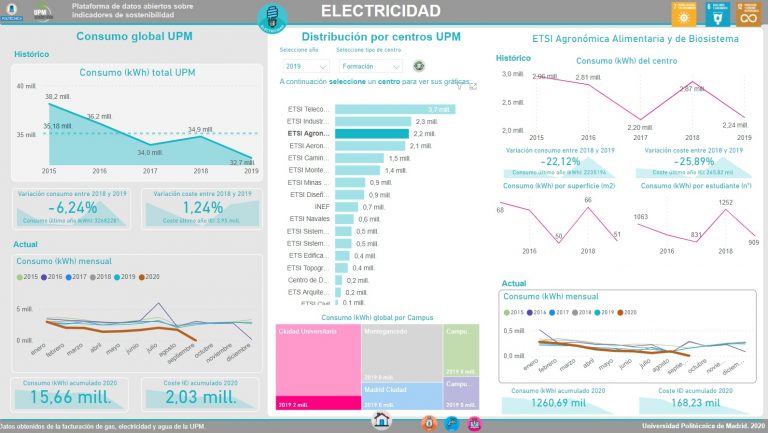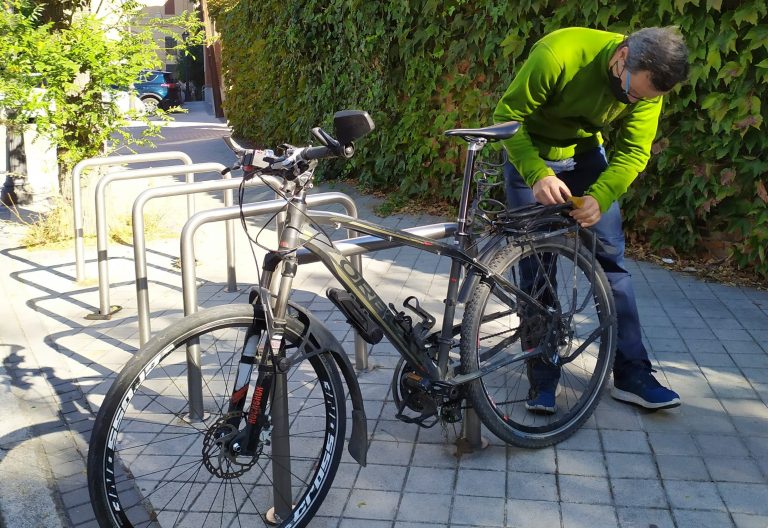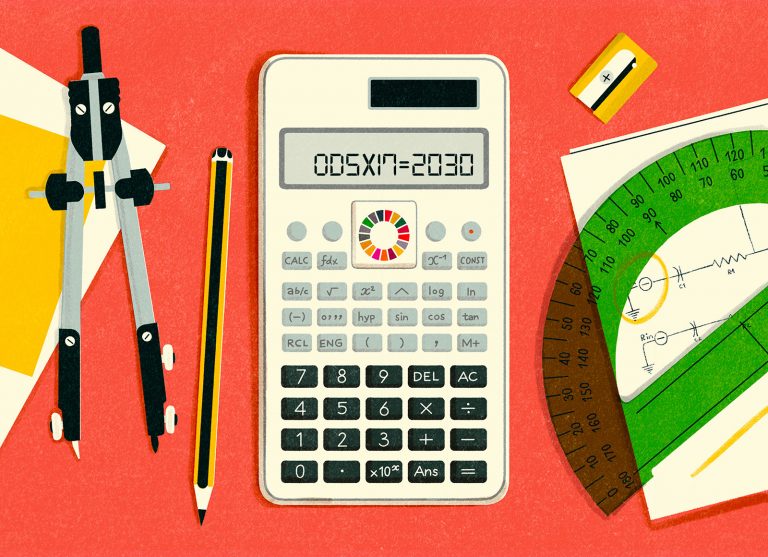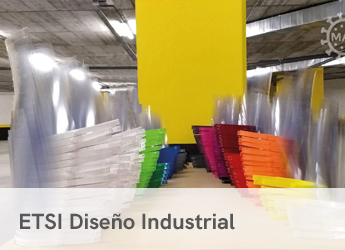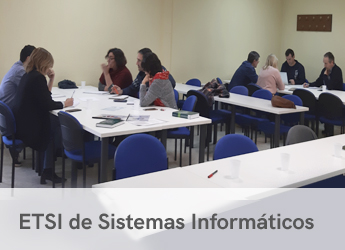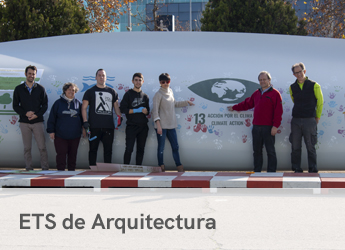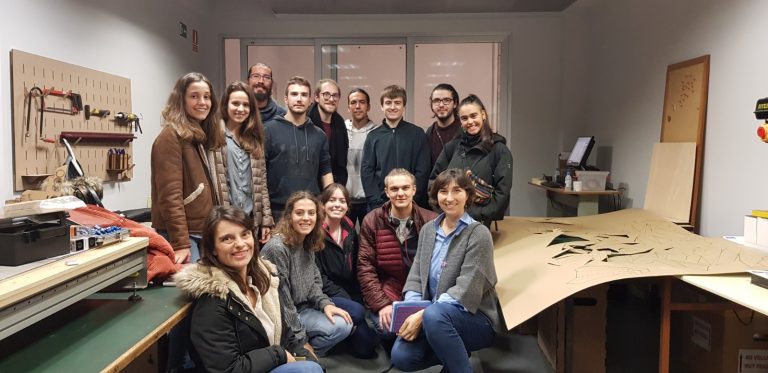Esta web utiliza cookies para que podamos ofrecerte la mejor experiencia de usuario posible. La información de las cookies se almacena en tu navegador y realiza funciones tales como reconocerte cuando vuelves a nuestra web o ayudar a nuestro equipo a comprender qué secciones de la web encuentras más interesantes y útiles.

Sigbritt Karlsson
Sigbritt Karlsson is the 19th President of KTH Royal Institute of Technology and was president of the University of Skövde from 2010 to 2016. Karlsson has held a variety of positions at KTH. From 1996 to 2004 she served as Director of Studies. She was Vice Dean responsible for strategic education issues from 2008 to 2010. Prior to that, she served as Vice Dean of Faculty and was responsible for undergraduate studies at the School of Chemical Science.
Universidad Politécnica de Madrid is grateful to President Karlsson for sharing with community her ideas about the importance of the 2030 Agenda and for showing how KTH is responding to its challenges.
Question: In Europe, the Sustainable Development Goals are more relevant in the public opinion than ever. Why do you think the SDGs are having such a relevance in the world today?
Answer: The SDG goals are important tools for reaching a sustainable world. They are concrete and well-defined. In addition, they are relevant for all aspects within a university both teaching and learning, and research.
What trends do you see in Sweden and elsewhere related to the SDGs?
The trend is to relate to the SDG-goals in education and specific courses. Within research also proposals for research are more and more adding the goals that are relevant for the research questions.
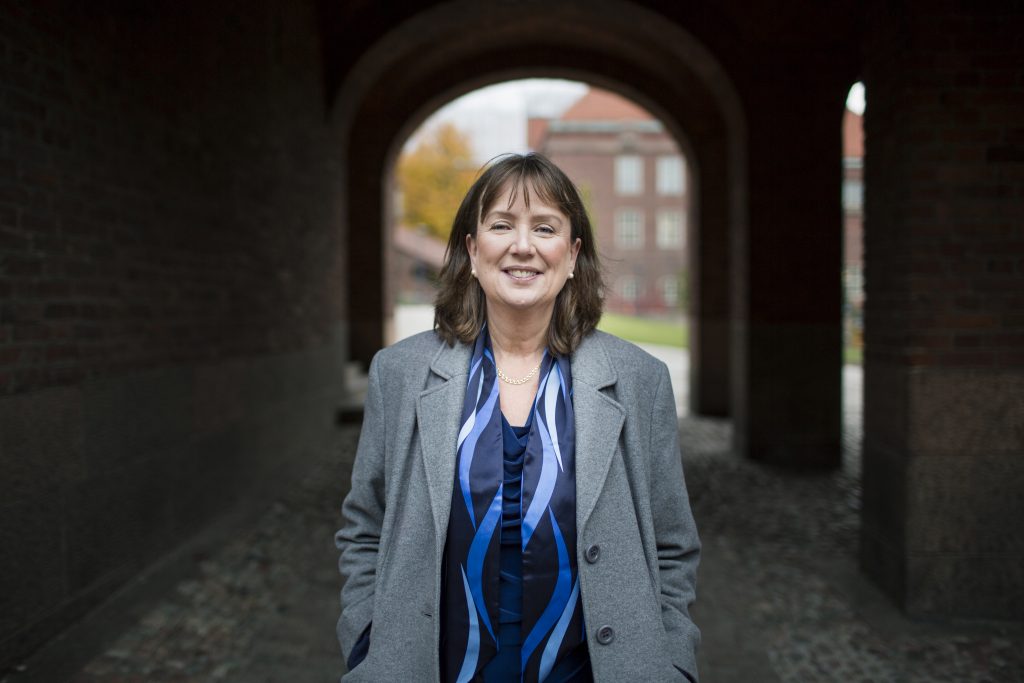
Most global organizations, and virtually all higher education institutions, have embraced the Sustainable Development Goals and incorporated them into their missions. What does prompt all organisations to embrace the SGDs?
They are relevant for us as they give guidelines for designing programmes and courses, how to think about research and what research questions we need to embrace. SDGs are relevant for business and as university we see more and more in our collaborations that we talk about the goals.
Can universities play a relevant role in this regard?
We play a very important role as the key-player for introducing sustainability and the SDG goals for the future generations. This means that when students leave the university they have the tools to develop new solutions and products that reduce the impact of human activities globally. In addition, the research gives results that are important for the society and business.
I have three pillars for my period in office. They are: a gender balanced; making KTH an international university leading the digitalisation development; creating knowledge and competence for a sustainable future
The adoption by universities of the SDGs is important for society, but it certainly also brings changes in the universities themselves, how do you think the SDGs influence or change the mission of universities?
Universities should continue to define and produce knowledge for the future. The academic freedom makes it possible to contribute to society. The SDG goals are so nicely formulated that the necessary academic freedom is present all the time.
Are university students and staff sensitive to these changes? Do they ask for them?
The students are asking for them both from the point of view of content in education and how campus life is organised. Staff may be less sensitive to them but still they are aware; in particular, academic travelling has been on the agenda recent years. The pandemic has taught us that digital conferences and meetings are possible at a much larger scale than before.
KTH is playing a prominent role among university institutions in relation to the SDGs; how has your University changed or modified its mission to promote the SDGs?
In 2018, KTH developed together with another university a climate framework which now nearly all universities in Sweden have signed. Starting 2011 an active and deep work has been going on sustainable development. An increased focus on the area was on my agenda when I started as rector of KTH (2016). There are specific goals that are followed up yearly. The integration of sustainable development in courses and programs is ongoing. KTH has a certified environmental management system.
Do you have a strategic plan for this purpose? Which Key Performance Indicators (KPIs) do you monitor to assess their achievement?
Yes, we have a strategic plan. There is a set of KPIs that are monitored yearly, in principle divided between our tasks in education, research and collaboration on the one hand and the impact of KTH as university e.g. travelling, energy consumption, foods etc.
The universities can and should be the leaders of the changes and also develop knowledge for all SDG goals
How has KTH integrated the SDGs into its academic programs and learning process?
A large number of our academic programs has integrated sustainable development. It is a continuing work to certify that the contents are relevant for the various engineering subjects. National Swedish legislation with respect to examination as bachelor, master and Ph.D. demands that students should be examined with respect to the broad definition of sustainable development.
Students need to be prepared for the challenges related to the SDGs; could you give some examples?
One example I can give comes from the area of materials science. There the students need to be prepared to define and use sustainable raw materials for making e.g. new electronic devices and materials with relation to foods and health. The students need to relate to gender equality and equal opportunities. In every aspects of their future career there are choices to be made based on sustainable development.
The role of university professors and staff has a decisive influence on the success of the measures implemented; is KTH’s faculty fully aware of the importance of SGDs? How did you achieve this level of awareness?
I, as President, have a vice-president for sustainable development. In management dialogues with the leadership of our five Schools, this question is always on the agenda. In applications for research funding the governmental financing bodies ask for either real parts that treat sustainable development or at least relevance of the research question to sustainable development.
What about the rest of the KTH staff?
With the certified environmental management system comes that all staffs need to adapt to sustainable development. It is working well.
I think engineering students are well placed to drive the changes. Technological solutions need to be in place.
KTH is reorienting its research and innovation programs and strategies: What role do the SDGs play in this strategy? Can you give an example of this?
As Rector, I have three pillars for my period in office. They are: (a) a gender balanced; (b) making KTH an international university leading the digitalisation development; (c) creating knowledge and competence for a sustainable future. Its implication is that the integration of sustainable development in education and research is central. Recently we have started several centres for SDG-related activities, e.g. centre for water research.
Do you think that the Swedish industry is adequately responding to the challenge of the SDGs?
Yes, there are several examples of that in the areas of vehicle, manufacturing of foods and steel etc.
How do you think engineering students’ future careers will be driven by SGDs, as compared to 10-20 years ago?
I think engineering students are well placed to drive the changes. Technological solutions need to be in place. In addition, several challenges we now face are multidisciplinary so more collaboration between different disciplines is necessary.
Finally, we would like to give you an opportunity to convey one or two key messages to our students. What would you wish to tell them?
The SDG goals are an opportunity to show responsibility from a very important sector of the society. The universities can and should be the leaders of the changes and also develop knowledge for all SDG goals.

